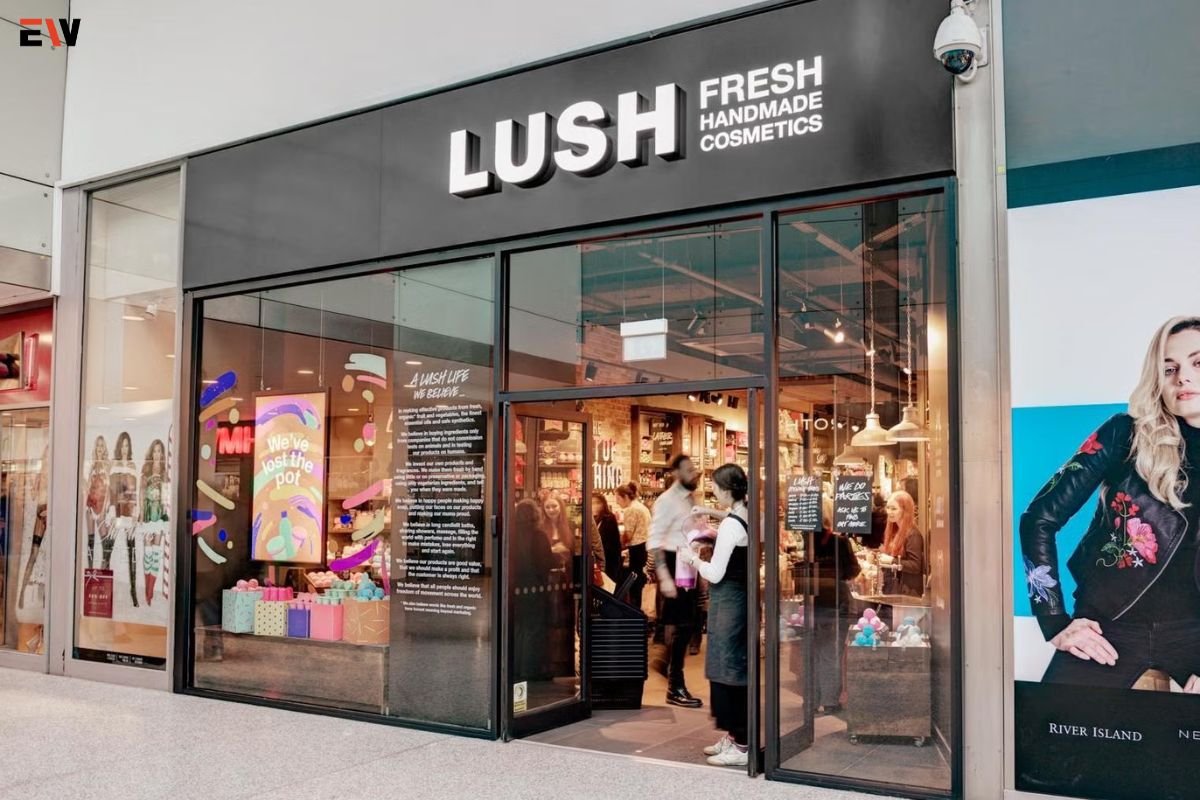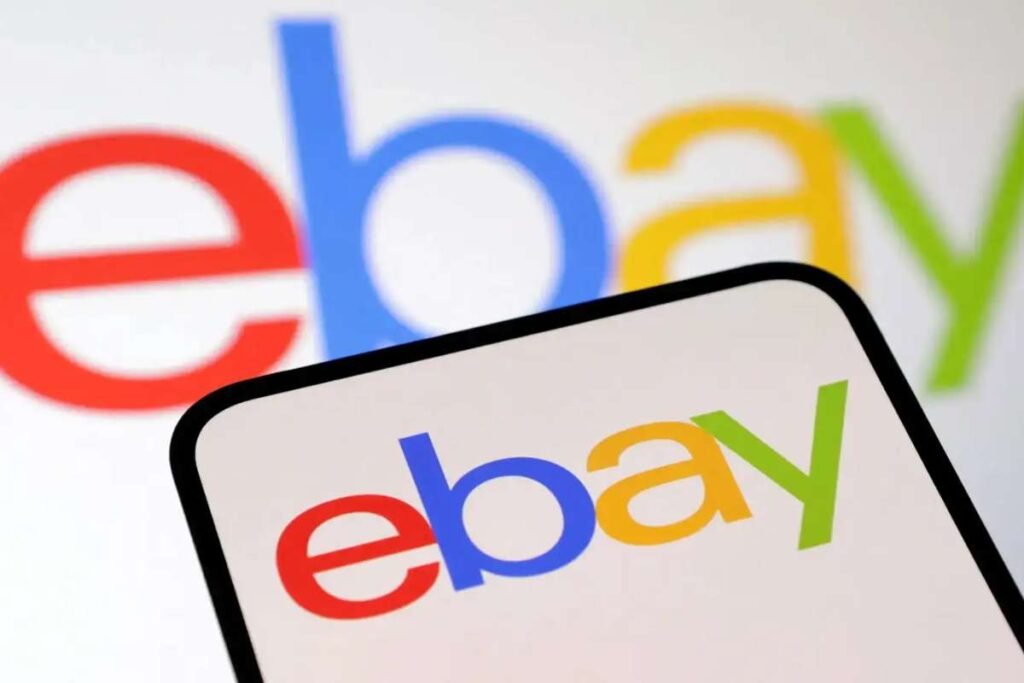Today, businesses worldwide are embracing sustainability practices. These companies recognize that integrating sustainable practices not only benefits the planet but also enhances their brand reputation, reduces costs, and meets the growing demand from environmentally-conscious consumers. This article highlights several businesses that practice sustainability across different industries that are leading the way in sustainability, demonstrating how they incorporate eco-friendly practices into their operations.
1. Patagonia
Industry: Outdoor Apparel
Patagonia is renowned for its commitment to sustainability and environmental activism. The company implements numerous sustainable practices, including:
- Sustainable Materials: Patagonia uses recycled polyester, organic cotton, and hemp in its products.
- Worn Wear Program: Encourages customers to repair, reuse, and recycle their clothing.
- Environmental Advocacy: Donates 1% of sales to environmental causes and actively participates in environmental campaigns.
2. Tesla
Industry: Automotive and Energy
Tesla is a pioneer in the electric vehicle (EV) industry, aiming to accelerate the world’s transition to sustainable energy. Key sustainability practices include:
- Electric Vehicles: Produces zero-emission electric cars that reduce reliance on fossil fuels.
- Renewable Energy: Develops solar energy products and energy storage solutions like the Powerwall.
- Gigafactories: Designed to be energy-efficient and run on renewable energy sources.
3. IKEA

Industry: Retail and Furniture
IKEA has committed to becoming a fully circular and climate-positive business by 2030. Its sustainability initiatives include:
- Sustainable Sourcing: Sources materials like wood and cotton from sustainable and renewable sources.
- Renewable Energy: Invests in renewable energy projects and aims to produce more energy than it consumes by 2020.
- Circular Economy: Designs products with reusability and recyclability in mind, promoting a circular economy.
4. Unilever
Industry: Consumer Goods
Unilever’s Sustainable Living Plan aims to decouple its growth from environmental impact while increasing positive social impact. Notable efforts include:
- Sustainable Agriculture: Works with suppliers to promote sustainable farming practices.
- Waste Reduction: Aims to reduce waste from its products and packaging and promote recycling.
- Water Conservation: Implements water-saving technologies and practices in its manufacturing processes.
5. Starbucks
Industry: Food and Beverage
Starbucks has made significant strides in sustainability, focusing on ethically sourced coffee and reducing its environmental footprint. Key initiatives include:
- Ethical Sourcing: Over 99% of Starbucks coffee is ethically sourced through its Coffee and Farmer Equity (C.A.F.E.) Practices.
- Reusable Cups: Encourages customers to use reusable cups and aims to reduce single-use cup waste.
- Renewable Energy: Invests in renewable energy to power its stores and reduce its carbon footprint.
6. Seventh Generation
Industry: Household and Personal Care Products
Seventh Generation focuses on creating products that are safe for both people and the environment. Its sustainable practices include:
- Plant-Based Ingredients: Uses plant-based ingredients in its products, avoiding harmful chemicals.
- Recyclable Packaging: Committed to using 100% recycled and recyclable packaging.
- Transparency: Advocates for ingredient transparency and environmental legislation.
7. Adobe

Industry: Technology
Adobe integrates sustainability into its operations, from product development to workplace practices. Sustainability efforts include:
- Green Buildings: Operates energy-efficient buildings with LEED certification.
- Carbon Neutrality: Achieved net-zero carbon emissions across its operations and supply chain.
- Sustainable Products: Develop software solutions that help customers reduce their environmental impact.
8. Ben & Jerry’s
Industry: Food and Beverage
Ben & Jerry’s combines its passion for ice cream with a strong commitment to social and environmental responsibility. Sustainable practices include:
- Fair Trade Ingredients: Sources Fair Trade-certified ingredients to support sustainable farming practices.
- Climate Action: Actively works to reduce its carbon footprint and supports climate justice initiatives.
- Non-GMO: Committed to using non-GMO ingredients in its products.
9. Microsoft
Industry: Technology
Microsoft has set ambitious sustainability goals, aiming to be carbon-negative by 2030. Key initiatives include:
- Carbon Reduction: Reducing carbon emissions across its operations and supply chain.
- Renewable Energy: Investing in renewable energy projects to power its data centers and offices.
- AI for Earth: Using artificial intelligence to address environmental challenges such as climate change, biodiversity, and water scarcity.
10. Lush

Industry: Cosmetics and Personal Care
Lush is known for its fresh, handmade cosmetics and strong stance on sustainability. Its practices include:
- Ethical Sourcing: Sourcing ingredients from suppliers who adhere to strict ethical and environmental standards.
- Packaging: Minimizes packaging and promotes “naked” (package-free) products to reduce waste.
- Charitable Giving: Supports environmental and social justice causes through its Charity Pot program.
Conclusion
Businesses that practice sustainability are not only contributing to a healthier planet but also positioning themselves for long-term success. By integrating sustainable practices into their operations, these companies are meeting the growing consumer demand for environmentally responsible products and services, reducing costs, and enhancing their brand reputation. As more businesses recognize the importance of sustainability, the trend towards greener practices is likely to continue, driving positive change across industries and making a significant impact on global environmental challenges.










